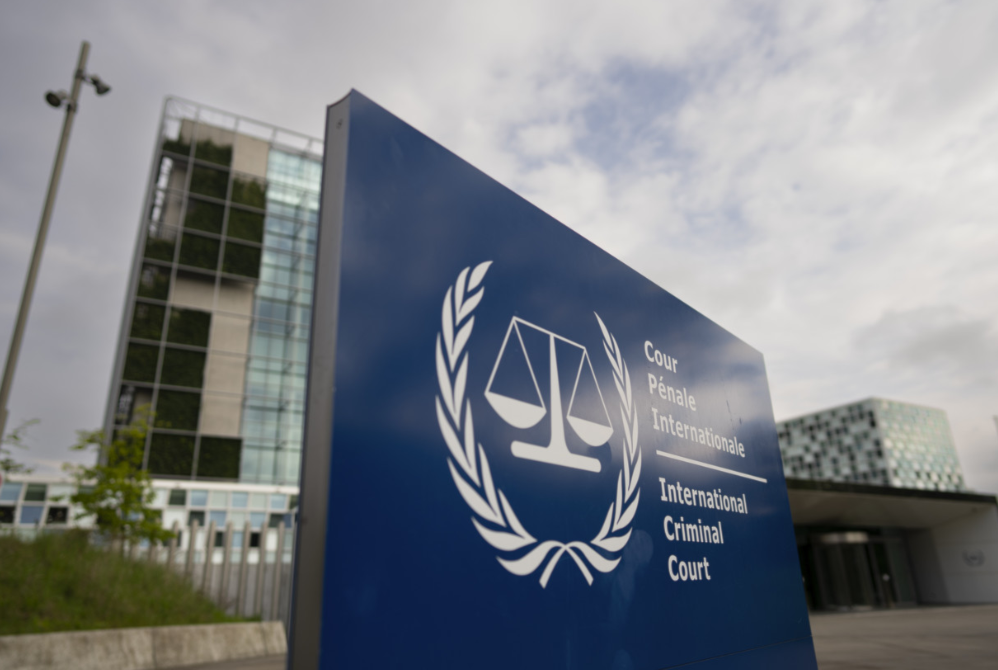US House passes bill to sanction ICC for targeting 'Israel'
The United States is not a member of the International Criminal Court and does not accept its authority.
-

An exterior view of the International Criminal Court, or ICC, is seen in The Hague, Netherlands, Tuesday, April 30, 2024. (AP)
The US House on Thursday advanced legislation to censure the International Criminal Court (ICC) for what it deems "unwarranted targeting of Israel."
In November 2024, the ICC issued arrest warrants for Benjamin Netanyahu and his former Security Minister Yoav Gallant over war crimes in Gaza and crimes against humanity.
"In the opinion of the chair, the ayes have it, and the bill is passed," the session chair stated following the vote.
The Illegitimate Court Counteraction Act would penalize anybody who works to investigate, arrest, jail, or punish American individuals or officials from ally US countries, and "Israel."
According to the Foreign Affairs Committee, the measure would result in US visa denials for designated ICC officials and their immediate family members, as well as anybody giving "financial, material, or technological support" to the court.
The United States is not a member of the International Criminal Court and does not accept its authority.
"Israel" attempted to challenge the ICC's decision by submitting a direct appeal to the Court’s Appeals Chamber, contesting the Pre-Trial Chamber I’s rejection of "Israel’s" jurisdictional challenge under Article 19(2) of the Rome Statute.
However, ICC Prosecutor Karim Khan clarified that the decision does not constitute a ruling "with respect to jurisdiction" and, as such, is not subject to direct appeal under Article 82(1)(a) of the Statute.
Several countries have expressed reluctance to enforce the ICC's decision. France has suggested that Netanyahu may enjoy immunity from the ICC's arrest warrants due to his status as a sitting head of government. This position indicates a reluctance to detain him should he enter French territory.
Greece has also questioned the effectiveness of the ICC's arrest warrants for Israeli leaders, expressing skepticism about their enforceability.
In response to reports that some countries may be reluctant to enforce these warrants, the ICC has reiterated the legal obligations of its member states.
The court stressed that, under the Rome Statute, all 124 member countries are required to execute arrest warrants issued by the ICC.

 2 Min Read
2 Min Read








